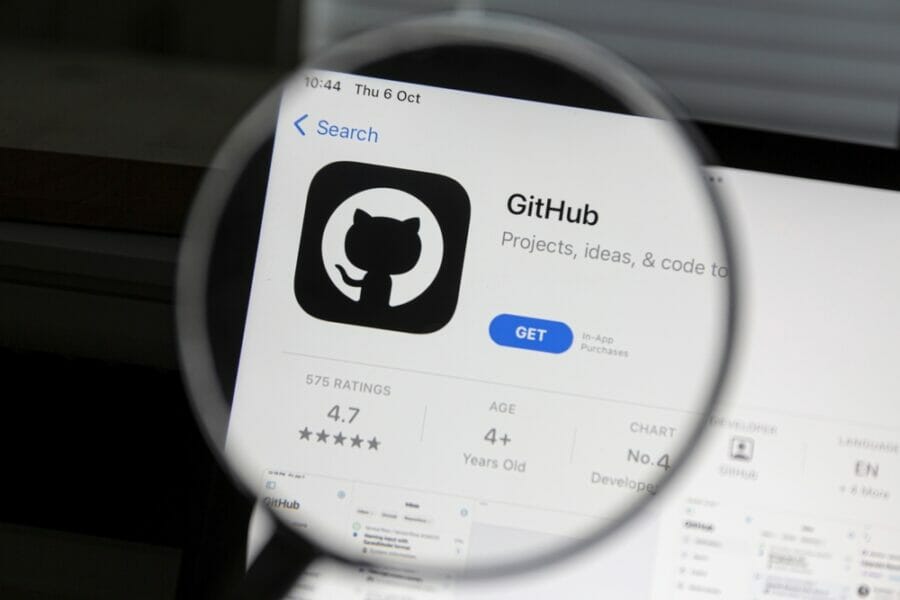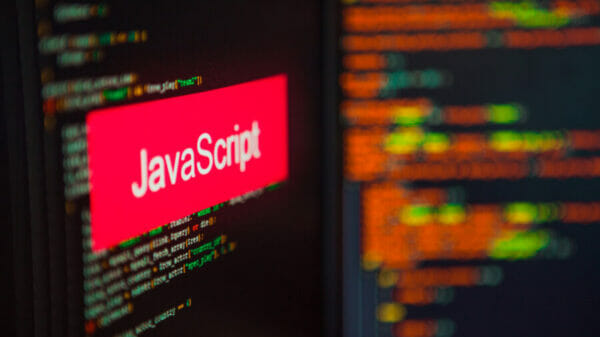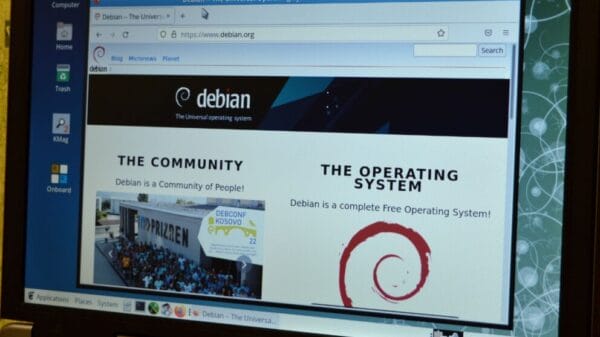Future Of Coding: End of programming as we know it
The increased innovation in the field automation with the help of AI and machine learning has resulted in increasing tension in the traditional job markets. It’s a common perception that robots will steal our jobs and intelligent machines will ultimately rule the humanity.
Earlier this year, we told you about an artificial intelligence system created by Microsoft and the University of Cambridge researchers. Named DeepCoder, this system can write code after learning from a huge code database. Overall, whatever might be the final outcome, we also need to analyze the impact on programming world in the upcoming years.
Addressing the same issue, during the keynote, Wanstrath said that coding could also become another job for the advanced robots (Via: The Register).
“We think the future of coding is no coding at all,” he said. But how would change take place? Have AI techniques advanced so much?
He outlined the fact that people are writing lesser code as a lot of functionality now comes from libraries. Further down the road, people will write even lesser, thanks to machine learning and community expansion efforts. This will make software development process more mechanized and accessible.
In order to innovate at the same pace, GitHub is taking some steps on its end as well. The company has recently launched Dependency Graph to show packages and apps linked to a particular repository. It’ll tell a developer when the code relies on an insecure package.
In near future, we’ll surely witness more tools from leading organizations to help the developers automate their tasks and change the software development workflow.
Are you a developer? What are your views on future of coding automation? Whatever might be the final outcome, the demand for skilled coders isn’t fading anytime soon. Here are some programming courses for you:
- JavaScript
- Python
- Java
- Ruby
- C#
- PHP
- SQL
- Swift
- AngularJS















